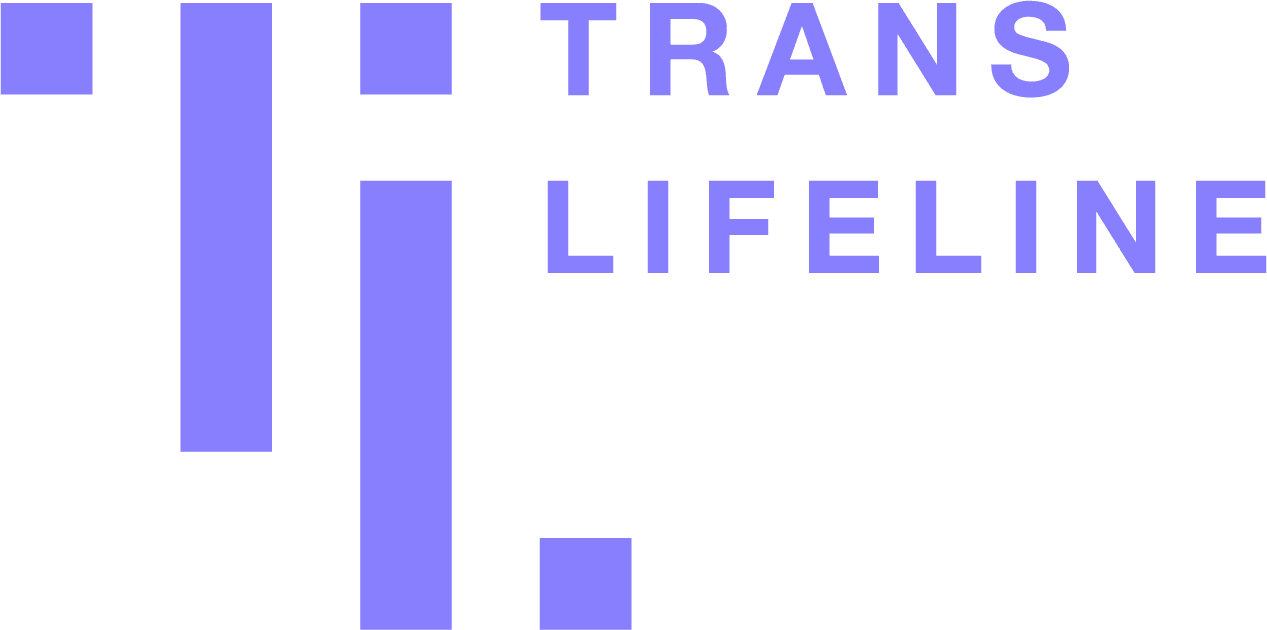A theoretical framework for understanding the relationship between a person’s social and political identities and the unique privileges and/or disadvantages they might face within a given society. Intersectional theory acknowledges the interconnected nature of various systems of oppression, creating context-specific incidents of discrimination. For example, a Black woman might experience oppression from white male co-workers due to being both Black and female.

